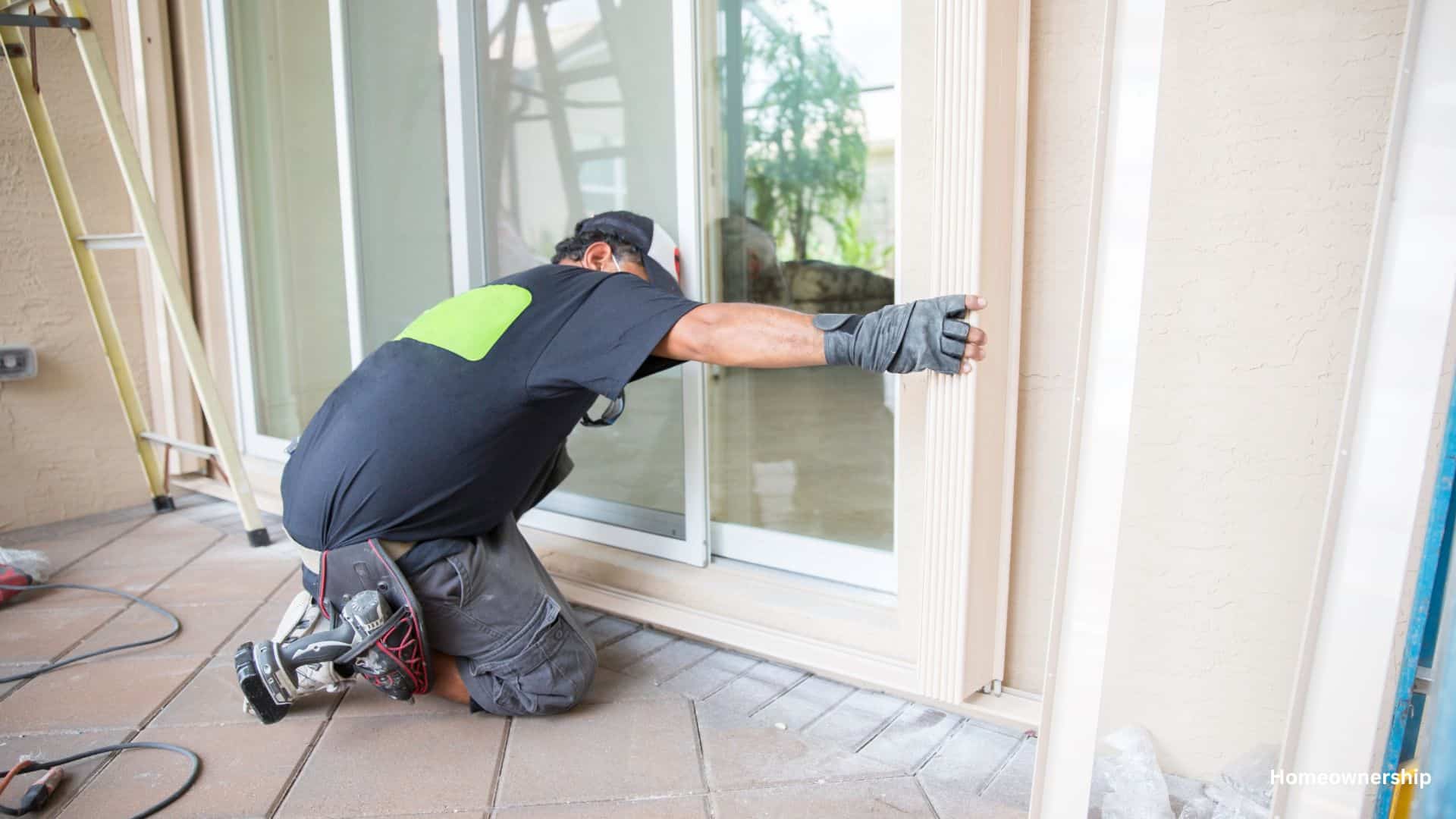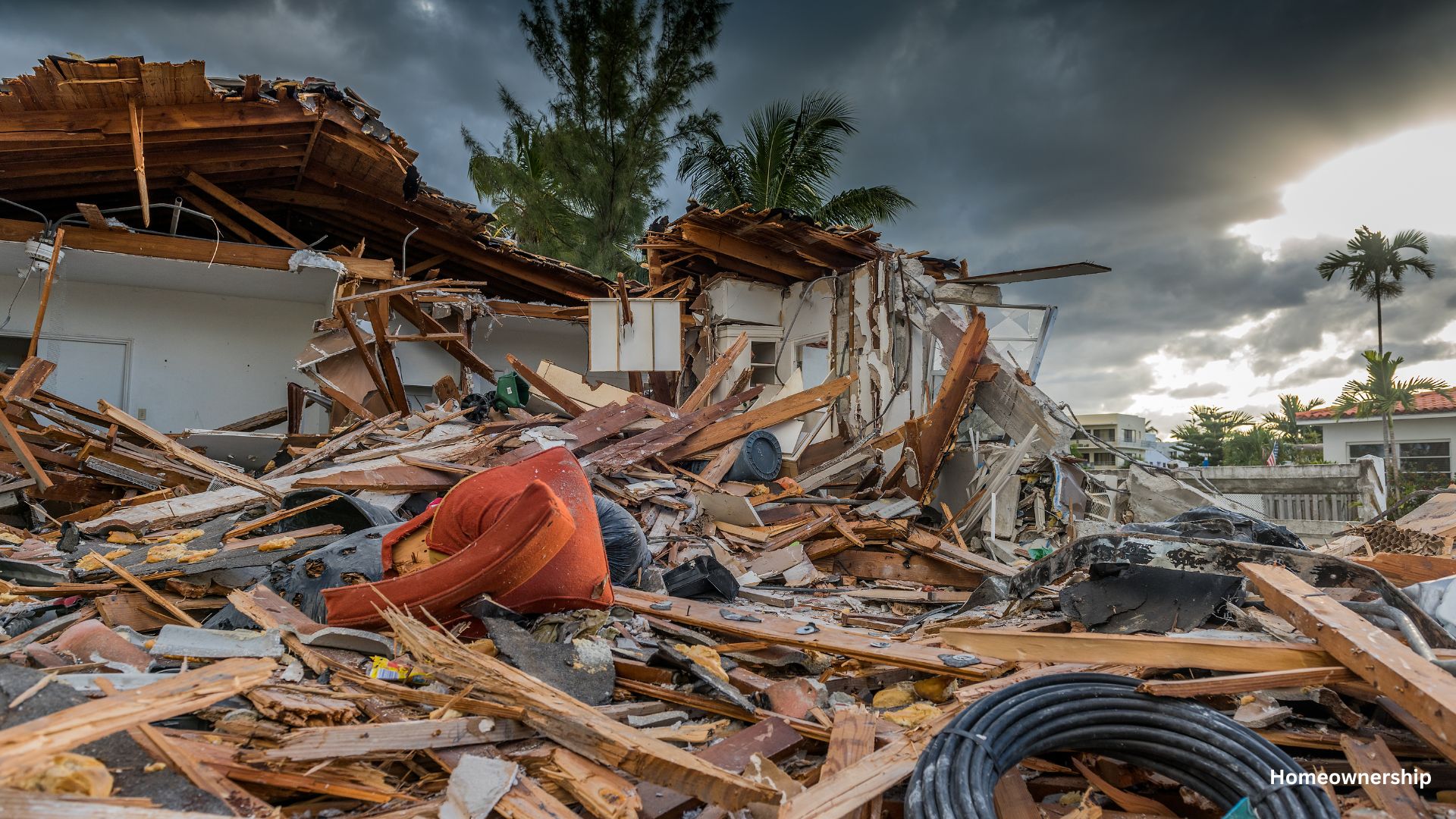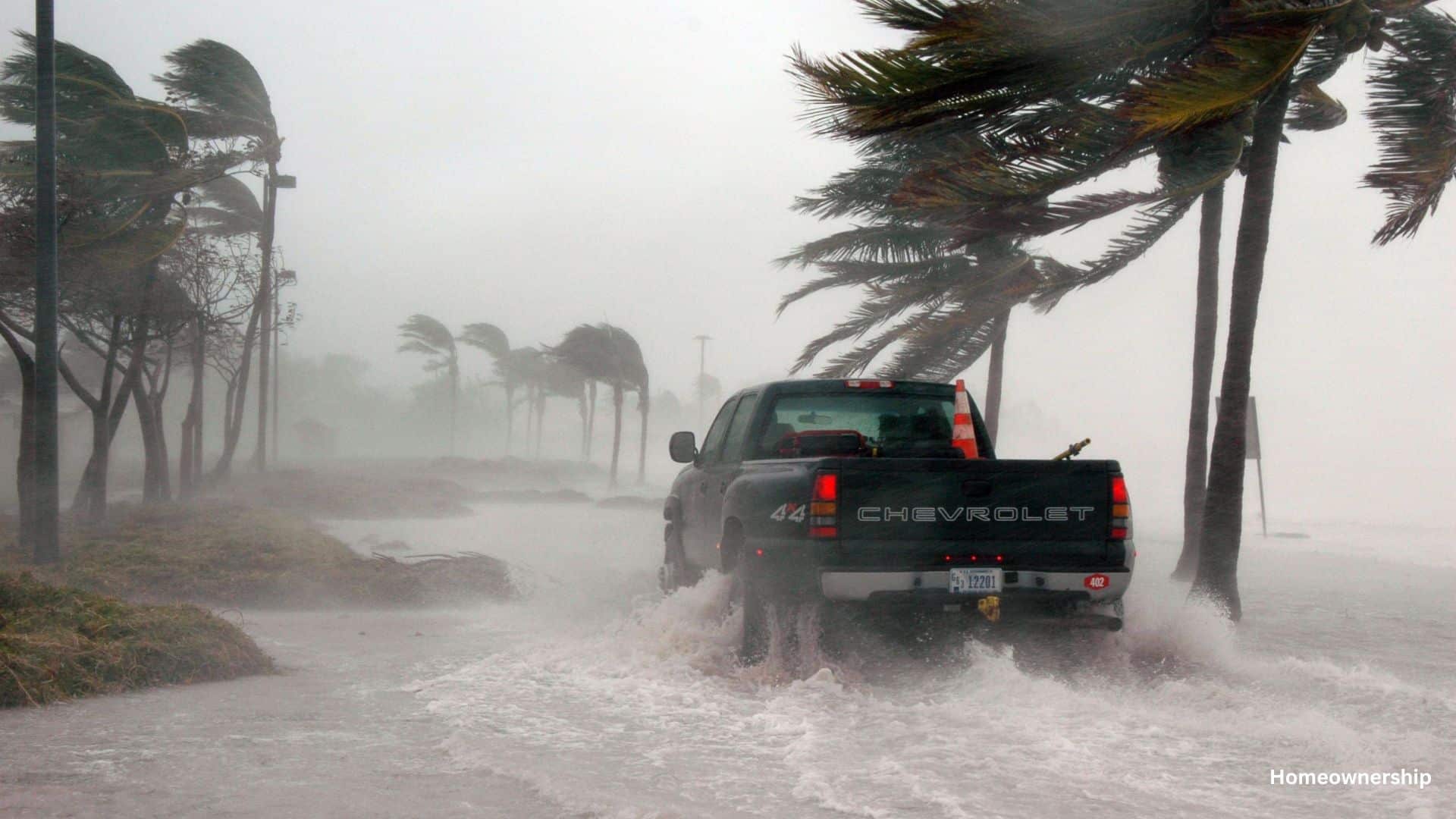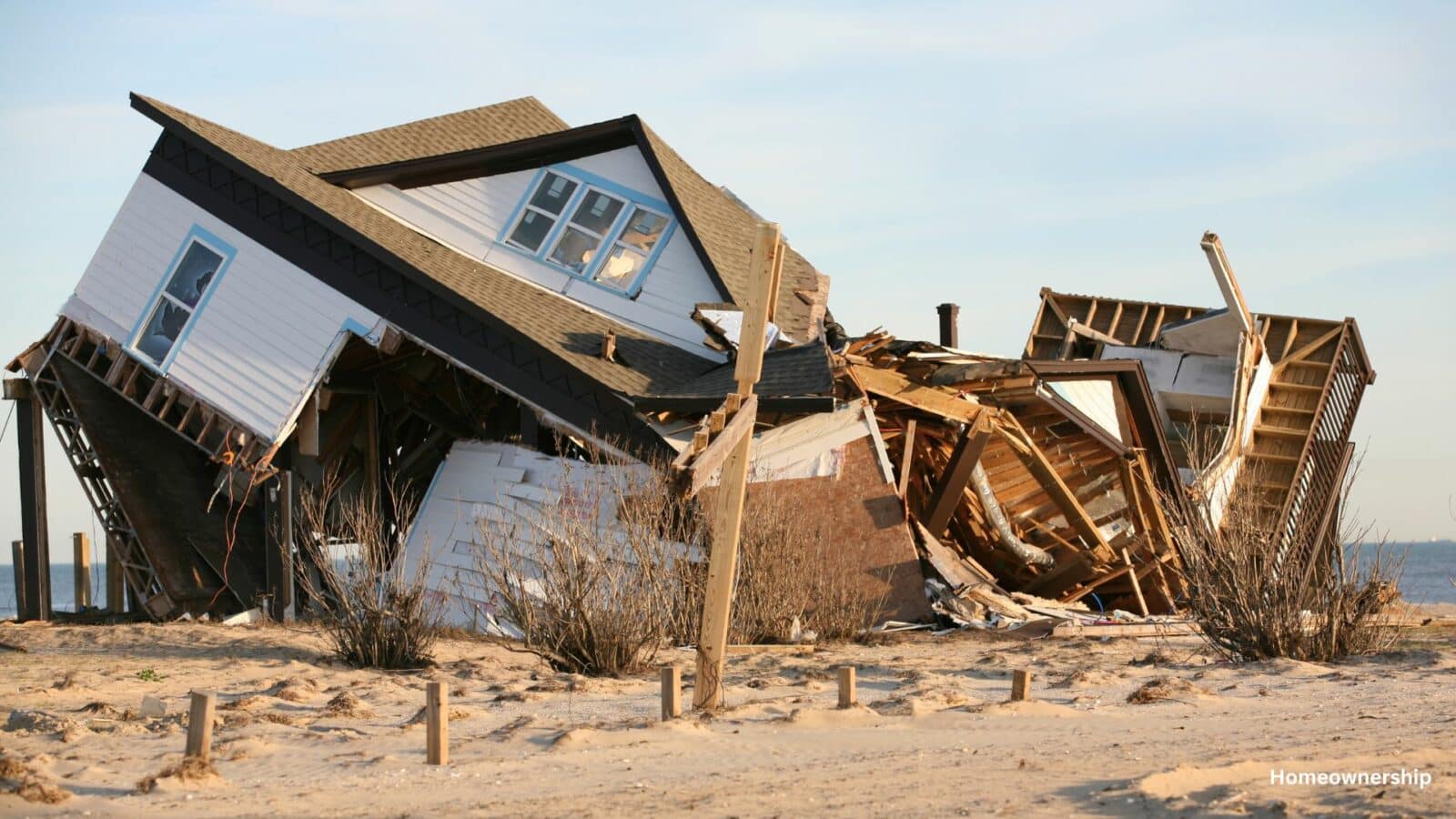Hurricane protection is essential for safeguarding your home and loved ones from the devastating impacts of these powerful storms. Implementing comprehensive hurricane protection measures can significantly reduce the risk of damage and ensure the safety of your property. Here are fifteen expert tips to help you prepare your home for a hurricane.

Hurricane Protection Tips
1. Secure Your Roof
A well-secured roof is crucial in hurricane protection. Install hurricane straps or clips to reinforce your roof’s connection to the structure. Regularly inspect your roof for any damages and repair them promptly to prevent potential water intrusion and structural damage.
2. Install Impact-Resistant Windows and Doors
Investing in impact-resistant windows and doors can significantly reduce damage during a hurricane. These windows and doors are designed to withstand high winds and flying debris, providing an extra layer of protection for your home.
3. Reinforce Garage Doors
Garage doors are often a weak point in a home during a hurricane. Strengthen them by installing hurricane-resistant doors or using removable metal panels and vertical storm braces. This reinforcement helps prevent high winds from damaging the doors and causing air pressure issues inside the house.
4. Trim Trees and Secure Outdoor Items
Trim any overhanging or dead tree branches to prevent them from becoming projectiles. Additionally, secure or bring inside all outdoor furniture, decorations, and other loose items to prevent them from causing damage during high winds.
5. Install a Backup Power Supply
Power outages are common during hurricanes. Ensure you have a backup power supply, such as a generator, to keep essential systems running. This backup can help maintain your HVAC system and prevent food spoilage during extended outages.

6. Protect Your HVAC System
Secure your HVAC system with hurricane straps or a protective cage. Cover it with a heavy-duty tarp to shield it from flying debris and prevent damage.
7. Use Flood Barriers
If your home is in a flood-prone area, consider using sandbags or other flood barriers around entry points. This can help reduce water intrusion and minimize flood damage during heavy rains and storm surges.
8. Check and Clear Gutters
Ensure your gutters and downspouts are clear of debris to allow proper water flow away from your home. Reinforce them with heavy-duty hangers if necessary to withstand heavy rains.
9. Create a Home Inventory
Document your valuable items and important documents by taking photos and scanning them onto a flash drive. This inventory will be essential for insurance claims in the event of damage or loss.
10. Develop a Hurricane Preparedness Plan
Have a clear plan in place for your family, including evacuation routes, communication strategies, and an emergency kit with essentials such as water, food, medicine, and important documents. This plan ensures that everyone knows what to do before, during, and after a hurricane.

11. Install Hurricane Shutters
Hurricane shutters provide an additional layer of protection for your windows and doors. They can be quickly deployed before a storm to shield against wind and debris. Various types of shutters, including accordion, roll-down, and Bahama shutters, offer different levels of protection and ease of use.
12. Protect Roof Vents and Chimneys
Install covers or caps on roof vents and chimneys to prevent water and debris from entering your home. Ensure these coverings are secure and can withstand high winds.
13. Prepare a Hurricane Kit
Assemble a hurricane kit with essential items, such as water, non-perishable food, medications, flashlights, batteries, and important documents. Having these supplies on hand will help you stay safe and comfortable if you need to shelter in place.
14. Invest in a Generator
Power outages are common during hurricanes. A generator can provide backup power to keep essential appliances running, such as refrigerators, medical equipment, and lights. Ensure you have enough fuel to last several days.
15. Purchase Flood Insurance
Standard homeowners insurance policies typically do not cover flood damage. Given the high risk of flooding during hurricanes, purchasing a separate flood insurance policy can provide financial protection and peace of mind.

By taking these proactive steps, you can enhance your hurricane protection plan and minimize the risk of damage to your home. Preparing in advance will not only protect your property but also ensure the safety and well-being of your family during hurricane season.








